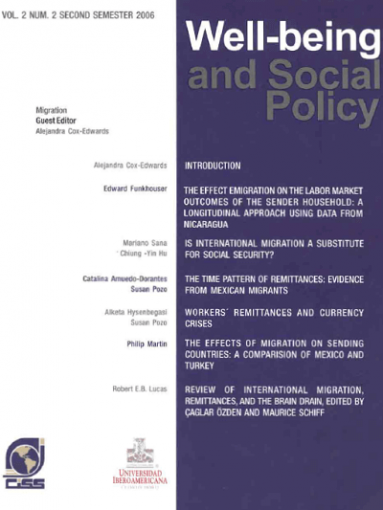
We seek to further understand the factors that determine per emigrant remittances using data from 23 Latin American and Caribbean countries over the 1980-2003 period. We find that emigrants avoid remitting when the exchange rate is under pressure. This finding is consistent with the notion that remitters strive to reduce their exposure to exchange rate losses by taking into account the expected future value of current flows to the home country. Such a finding is important because it implies that remittances are not necessarily a stable source of external finance. Our result is robust to corrections for endogeneity with respect to the exchange rate variable. We also find that geography in the form of distance helps predict the flow of per emigrant remittances.
